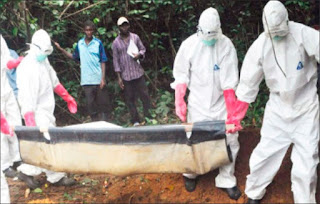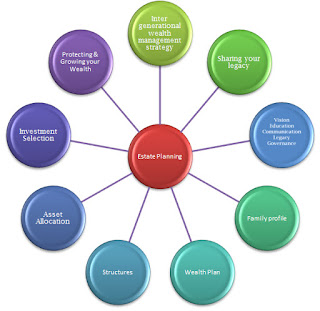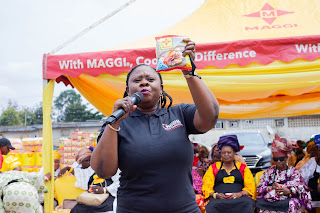Ebola : Africa Centres For Disease Control Deploy Epidemiologists, Others To Congo
Chioma Umeha
Urges long-term action to build resilient health systems
locally and national public health systems to pick up events rapidly.
Kinshasa/ Bandaka/Bikoro, 20 May 2018 – The Africa Centres
for Disease Control and Prevention (Africa CDC) is deploying 25
epidemiologists, laboratory experts, and anthropologists to support the
government of the Democratic Republic of Congo’s (DRC) efforts to control the recent Ebola
virus outbreat in Mbandaka and Bikoro. Following the announcement on 8 May 2018
of the Ebola outbreak by the government of DRC, the Africa CDC deployed an
assessment mission within 48 hours and activated its Emergency Operational
Centre to link, scan and monitor the situation.
“The global community needs to respond to this outbreak as a
crisis and not as an emergency, by quickly deploying public health assets to
the affected areas expiditiously”. I want to applaud the Minister of Health of
the DRC for his exemplary leadership in managing this current outbreak so far.
“All our efforts should be geared towards supporting his leadrship” said Dr.
John Nkengasong, the Director of the Africa CDC, upon his return this week,
with a high level delegation, to the affected areas in Mbandaka and Bikoro.
The DRC government is working with partners to improve
coordination mechanisms, enhance surveillance, laboratory confirmation, contact
identification and follow-up, case management, infection prevention and
control, safe and dignified burials, social mobilisation and community
engagement, logistics, risk communication, vaccination, partner engagement,
research and resource mobilisation.
During the Africa CDC team’s visits they assisted the
Ministry of Health, together with other partners, to develop three strategies: a) surveillance and contact
tracing, b) Defining the various health areas affected, and c) laboratory
testing and network. The Africa CDC will provide up to USD 2 million to support
Africa CDC interventions. Due to the remote nature of the Equateur Province, it
is expected that more efforts will need to be put in supply chain issues to
ensure that essential items needed are delivered swiftly. Last week the African
Union Peace and Security Council was briefed on the situation and will continue
to receive reports. Under Article
6(f) relating to its mandate with regard to humanitarian action and disaster
management the Council can authorise deployment of military and civilian
missions and assets to tackle emergency situations as it did in August 2014 in
the Ebola outbreak in the West Africa sub-region. This outbreak is the 9th
outbreak of the Ebola virus disease over the last 4 decades in the country. The
affected health area of Bikoro covers 1 075 km and has a population of 163 065
inhabitants. This huge population is supported by only 3 hospitals and 19
health centres, most of which have limited functionality.
The risk of speard of the virus is high at national and
regional levels due in part to the proximity of the epidemic focus to the Congo
River which links with the capitals of the Republic of Congo and the Democratic
Republic of Congo and the Central African Republic. As such, Africa CDC is
coordinating with these countries to ensure that their surveillance systems are
activated and information is shared in real time.




Comments
Post a Comment